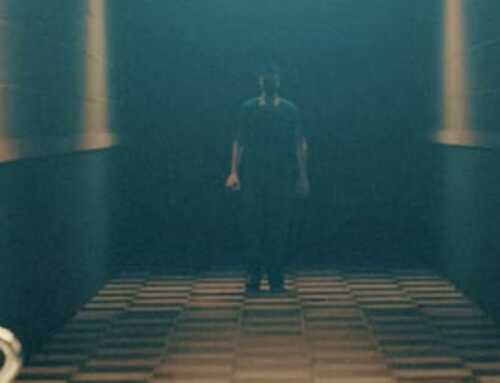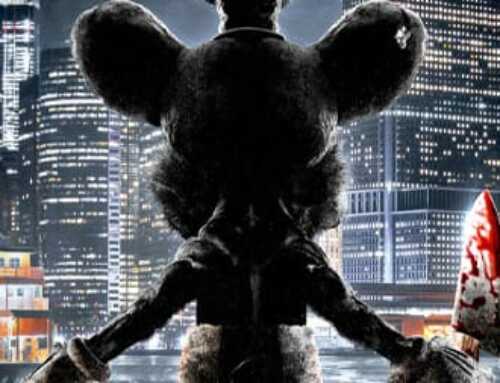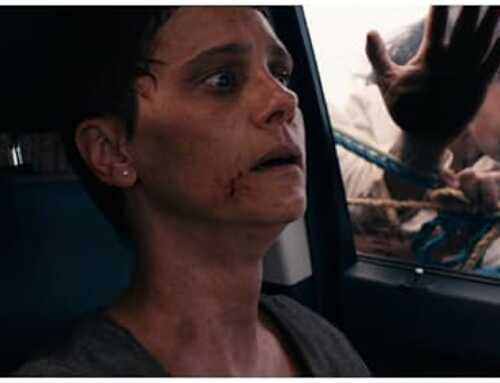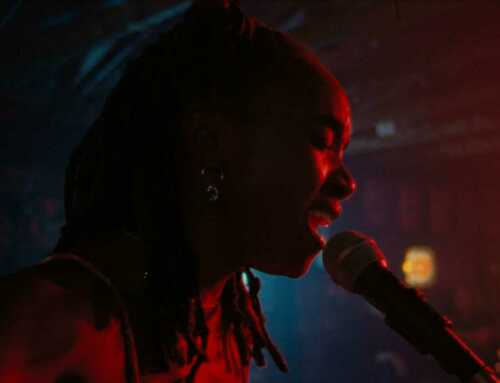There’s something about a perhaps inappropriately termed “mad scientist” in entertainment, and particularly in horror movies. The idea of the mad scientist certainly gained traction with Mary Shelley’s 1818 novel Frankenstein, which helps to reflect the era’s increasing advancements in and underlying fears of technology and science. Essentially, those who sought knowledge through science would be deemed mad and portrayed accordingly.
Nowadays, most creations in the Movies section that include a mad scientist lean more towards the more subtle model as opposed to the depiction of those who would cackle when successful and utilize science to answer their murmured questions. Now perhaps better termed as a “villainous science enthusiast,” the mad scientist is still one that audiences can identify and enjoy encountering in entertainment media.
The Mad Scientist Archetype’s Still Big in Horror Movies
One of the most familiar and highly-praised renditions of the mad scientist, particularly with the protagonist taking on this archetype, is The Fly. The 1986 film by David Cronenberg and starring Jeff Goldblum and Geena Davis sees an eccentric scientist lauded for his brilliance go too far, with an experiment gone wrong slowly transforming him into a man-fly hybrid. It’s praised as the masterpiece of Cronenberg’s total works, with the mad scientist here being incredibly likable and goofy, gripping the audience to his plight.
Another classic that’s available on Shudder is Re-Animator. This 1985 slap in the face of traditional horror also had a somewhat lovable mad scientist in the lead, thanks to it being angled as a horror-comedy and Jeffrey Combs’ portrayal of the scientist, Herbert West. The movie sparked a trilogy, with the latest being Beyond Re-Animator. More recently, likable, bubbly, and almost sympathetic mad scientists have made way for truly dark, maniacal antagonists.
While sometimes likable in a different sense, their lack of remorse or sense of empathy tends to be the key distinguishing point between brilliant scientists dotted around movies and the mad scientists often seen in horror movies. In the 2021 comic-worthy Phobias, the crazed doctor aims to subject patients to their phobias in an attempt to weaponize fear. The fascination with the mad scientist doesn’t look to be going away soon, either. In fact, one of the next installments to the endless line of superhero movies from Marvel features a mad biochemist who seeks to cure his rare blood disease, one Dr. Michael Morbius, who inadvertently turns himself into a vampire.
Mad Scientists Are so Recognisable That They Can Be Used Across Entertainment
You’d be hard-pressed to find someone who doesn’t know the standard traits of a mad scientist character, be it the older “crazy” type or the more “brilliantly villainous” type more familiar in recent flicks. The TV series Penny Dreadful did a grand job of grounding and humanizing two classic characters of this build, Dr. Victor Frankenstein and Dr. Henry Jekyll. But particularly Frankenstein (Henry Treadaway) was still insanely driven to complete his experiments and advance his unnatural works in the Victorian-supernatural setting.
It seems the willingness to toy with the natural order and modern technology is increasingly becoming popular for the mad scientist archetype. Capturing this vision is Dr. Wildshock, the online casino Betway game. Featuring brains in high-tech pods, frog-mice, and nuclear experiments, Dr. Wildshock is clearly driven by creating destructive tech. Naturally, novelizations of mad scientists still underpin the tropes of such characters. 1886’s Dr. Jekyll and Mr. Hyde, 1897’s The Invisible Man, and 1896’s The Island of Dr. Moreau are all still recommended by GoodReads.
More modern depictions in books do tend to lead to darker corners of humanity. Maniacal, power-hungry, and ill-meaning intellects welcomed into high society, but completely lacking empathy, are prevalent, such as in the case of Philip Pullman’s antagonist Mrs. Coulter of the His Dark Materials trilogy (1995-2000). In video gaming, a more light-hearted angle is taken, as you’d expect, with perhaps the most influential mad scientist being Dr. Neo Cortex. Mocked for his affinity for science, he joined the Academy of Evil and sought to create super-soldiers, leading to the creation of Crash Bandicoot and popular game series found on Steam.
It’s tough to see mad scientists going out of fashion, particularly in movies. As technology becomes an increasingly central part of everyday lives, government distrust gets inflamed by social media, and the capacity of science increases, real-life mad scientists only seem more and more credible.







